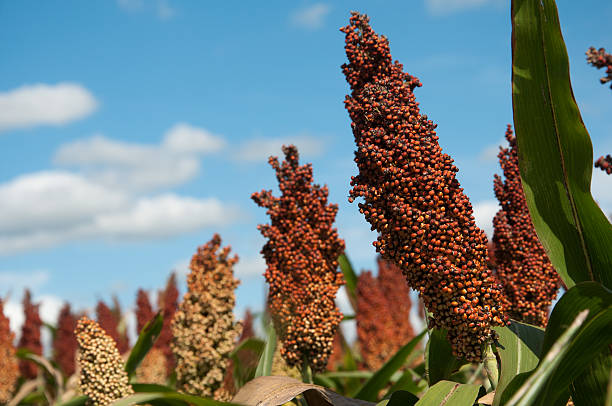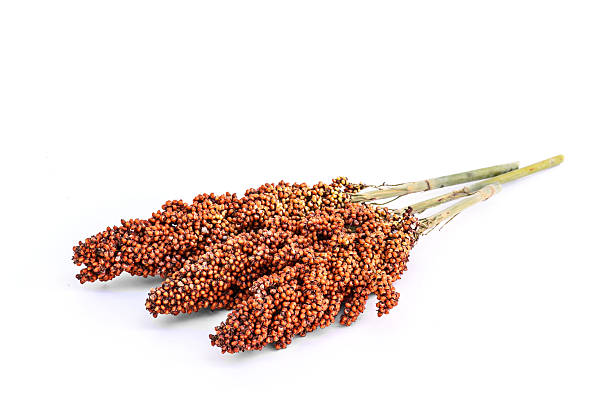Guinea corn, also known as sorghum, is a cereal grain that is native to Africa and is a staple food in many parts of the continent. It is also grown and consumed in other parts of the world, including Asia, South America, and the United States. In this article, we will discuss the nutritional value of guinea corn and whether it is healthy for you.
One of the most important nutritional benefits of guinea corn is that it is a good source of carbohydrates. Carbohydrates are an important source of energy for the body, and guinea corn contains both simple and complex carbohydrates. Simple carbohydrates, such as those found in fruits, provide a quick burst of energy, while complex carbohydrates, such as those found in guinea corn, provide a sustained release of energy.
Guinea corn is also a good source of dietary fiber. Fiber is important for maintaining a healthy digestive system, and it helps to prevent constipation and other digestive problems. Additionally, fiber helps to lower cholesterol levels and may also help to reduce the risk of certain types of cancer. A 100g of guinea corn contains up to 4 grams of dietary fiber which is good to support digestion and lower cholesterol.
Guinea corn is also rich in vitamins and minerals. For example, it is a good source of vitamin B3 (niacin), which helps to maintain healthy skin and nerves, and vitamin B6, which helps to form red blood cells. Additionally, guinea corn contains minerals such as iron, magnesium, and potassium, all of which are essential for maintaining good health.
When it comes to protein, guinea corn provides a good source of plant-based protein, being 5g per 100g of uncooked grain. It is also low in fat content.
One of the most notable characteristic of guinea corn is that it’s gluten-free, which makes it a good option for people with celiac disease or gluten intolerance. It’s also beneficial for people on low-gluten diets. This also made it a popular choice for people with food allergies or sensitivities.
Guinea corn is also a good option for people who are looking for a low-glycemic index food. The glycemic index (GI) is a measure of how quickly a food raises blood sugar levels, with a higher number indicating a faster rise in blood sugar. Foods with a low glycemic index, such as guinea corn, are absorbed into the bloodstream more slowly, which helps to prevent spikes in blood sugar levels.
Guinea corn is also known for its low-fat content, which makes it a good option for people who are trying to lose weight or maintain a healthy weight. Its lower calorie content makes it also a good option for people with diabetes.
In conclusion, guinea corn is a nutritious cereal grain that is rich in carbohydrates, dietary fiber, vitamins, and minerals. It’s also gluten-free and has a low-glycemic index, making it a good option for people with celiac disease or gluten intolerance, or those on a low-gluten diet. Furthermore, it’s low in fat and calories, making it a good option for weight loss and diabetes management. Overall, guinea corn is a nutritious, healthy food that can be enjoyed as part of a well-balanced diet.

 Home
Home Health
Health Diet & Nutrition
Diet & Nutrition Living Well
Living Well More
More












